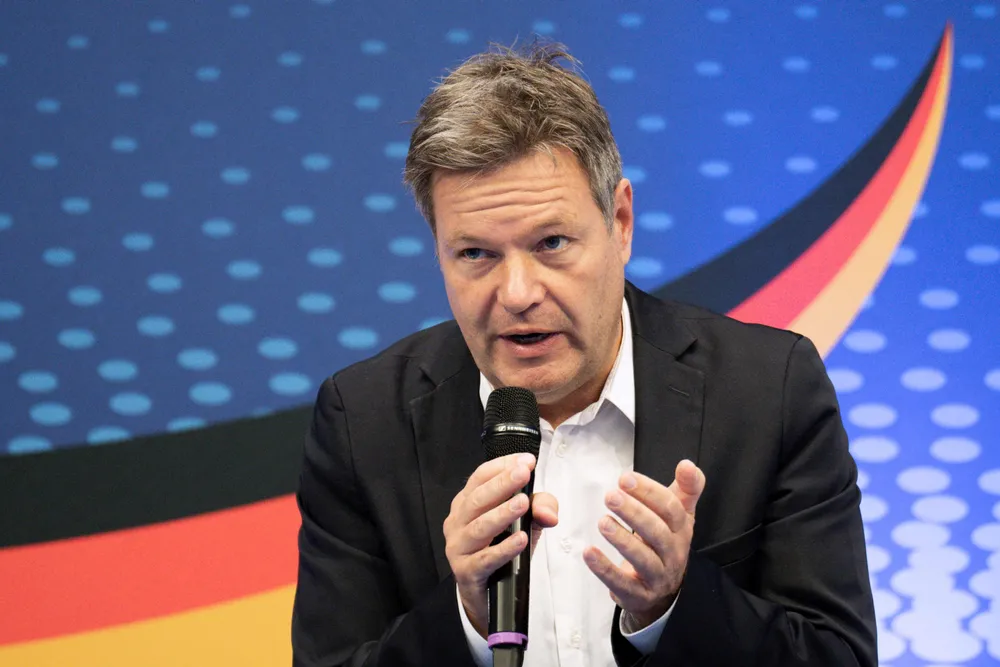Germany and Poland exert control over Gazprom subsidiaries
Authorities seek to distance Russian gas giant from European businesses abandoned in the summer

Authorities seek to distance Russian gas giant from European businesses abandoned in the summer
